SellerX have run out of money and time, and unless there’s a last minute deal the company will be sold at auction at a Berlin hotel on the 17th of September, a long sad fall from the heady days when they were snapping up Amazon sellers at a rapid pace.
From their founding in 2020, by two friends, Malte Horeyseck and Philipp Triebel, that met in Boston while attending Harvard Business School, SellerX aimed to buy and scale great Amazon-native brands. They liked to acquire businesses that had reached a reasonable size threshold (≥1M revenue) and were growing quickly (≥30% year-over-year) with strong margin profiles (≥20% contribution margins).
Investors poured a shed load of money in Amazon Aggregator businesses, estimates base the investment into SellerX at somewhere between $750 million and $900m but investor Blackrock who have a $400m loan with the company have finally pulled the plug.
Literally billions of dollars were pumped into the Amazon Aggregator businesses, but rather than managing to scale (often with the simple aim of listing on more Amazon international country sites for a rapid return), along with the economies of scale of sourcing and inhouse expertise of Amazon optimisation, it would appear that many aggregators ran into trouble and SellerX isn’t the first and probably won’t be the last.
One issue I’ve often wondered is why a successful seller would sell. Obviously the exit number is an attractive way to cash in and the answer is often that they’ve scaled, often a single product business, to a level where they’ve hit a ceiling. Lose the business owner that was passionate about the product and try to scale it significantly further than they managed and it appears the recipe simply didn’t always work, especially in a world where the economy slows significantly.
The real underlying issue is that businesses sold to aggregators had no robust investment behind them. Often they were a one person business that hit upon a great idea for a product, got them manufactured and were successful in playing the Amazon algorithms to get them in the top 10 products, often the best seller on Amazon. However, the aggregators acquiring these businesses took on massive debt to finance the purchases and thus carried a significantly higher risk, not just to grow and scale their acquisitions but simply to maintain the same level of sales. And it took teams of employees on healthy salaries to run their operations. As soon as sales slowed and income dropped servicing the debts became an impossible challenge to manage.
It will be interesting to see how much selling SellerX at auction can raise – it will give an indication of the residual value of the brands they acquired and whether there is likely to be any longevity in the Amazon Aggregator business.
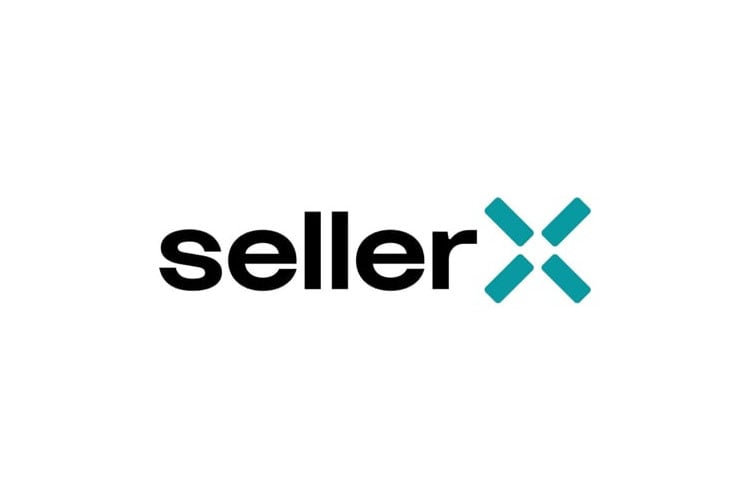
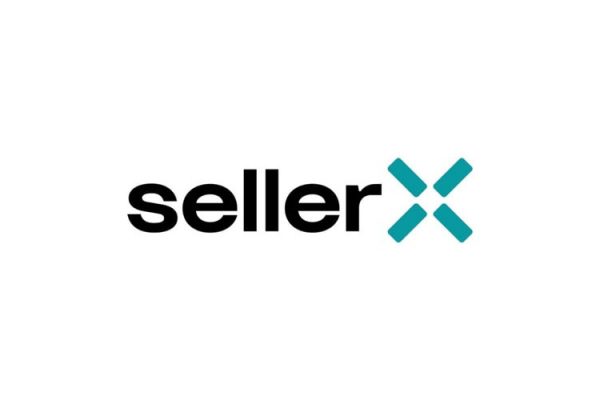
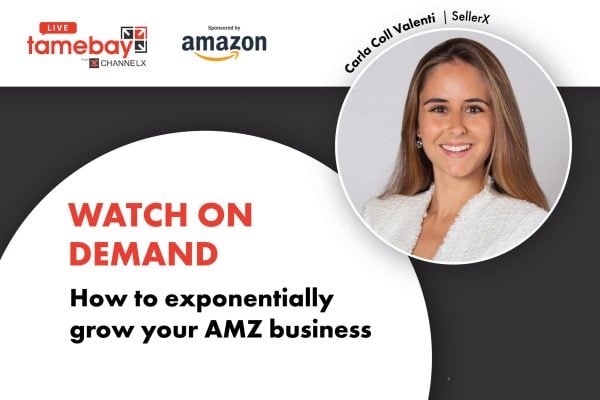
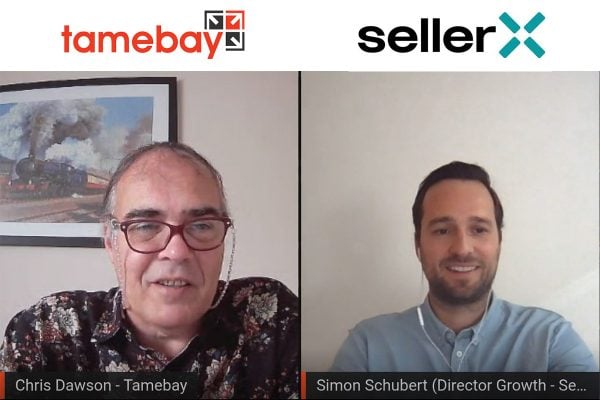
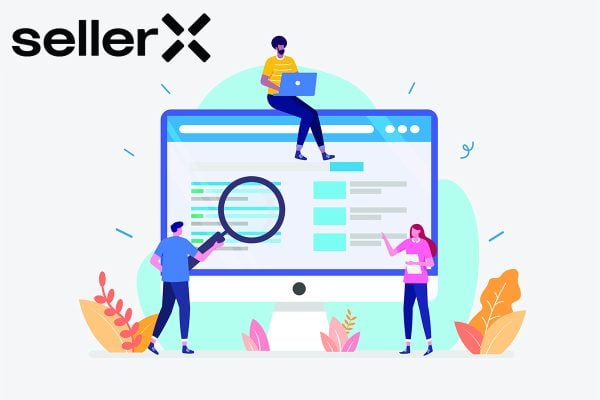

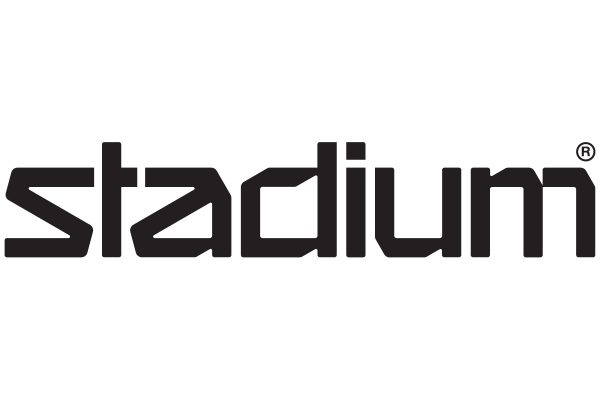


One Response
Building a business reliant on Amazon is always risky. They have a long reputation for either pushing into a successful sector, or simply turning off sellers.
Compounding that risk by joining up several small operations always made me wonder if it was viable. It appears the answer will be “Not so much”.